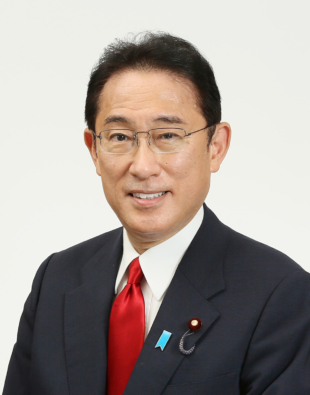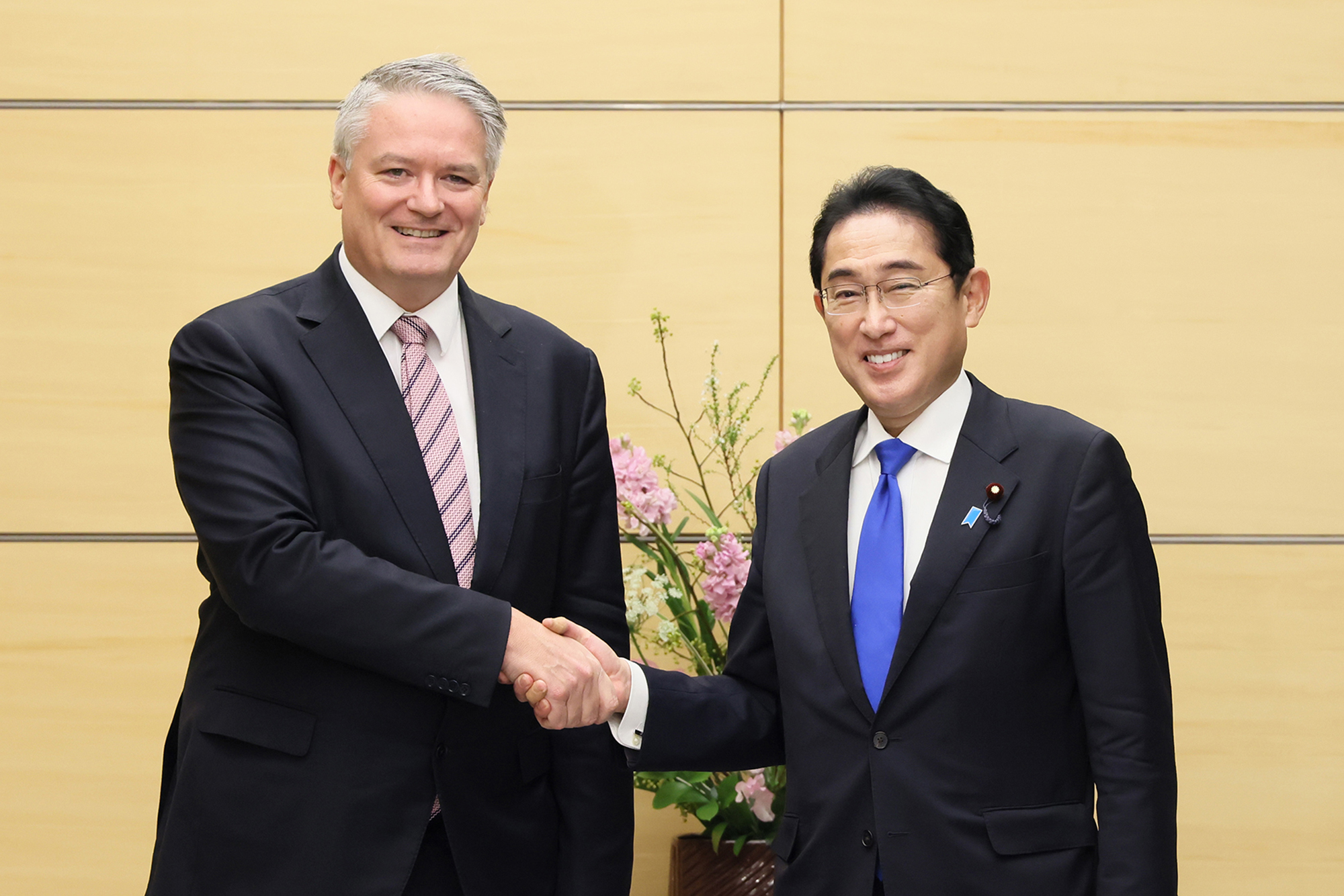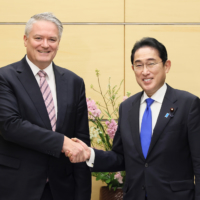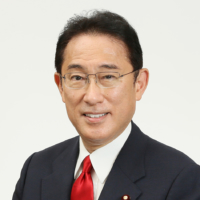This year marks the 60th anniversary of Japan’s accession to the Organisation for Economic Co-operation and Development (OECD). In this significant year, it is a great honor for Japan to chair the OECD Ministerial Council Meeting (MCM) for the third time since joining the organization.
As we navigate through challenging times, grappling with complex and interconnected issues such as climate change, challenges to digitalization and threats to the rule of law, it is imperative now more than ever to reaffirm our commitment to strong and effective multilateralism. Given this context, Japan has chosen as the theme for this year’s MCM “Co-creating the Flow of Change: Leading Global Discussions with Objective and Reliable Approaches Towards Sustainable and Inclusive Growth.”

As the chair, Japan is determined to lead global discussions aimed at promoting a rules-based, free and fair international economic order, leveraging the OECD’s contribution to policymaking through its abundant data and evidence-based analysis. In this regard, Japan has great expectations for the OECD to lead international efforts in addressing challenges to emerging technologies. Following the accomplishments of the Group of Seven’s Hiroshima summit, it is critical to advance the implementation of outcomes in the digital sphere, particularly focusing on generative AI and DFFT (data free flow with trust). Regarding generative AI, our goal is to facilitate discussions on the international governance of advanced AI systems, building on the successful outcome of the “Hiroshima AI Process.” This initiative aims to create further momentum toward promoting safe, secure and trustworthy AI. Regarding climate change, it is pivotal for all countries to work toward a common goal of achieving net-zero emissions using diverse pathways. The OECD’s Inclusive Forum on Carbon Mitigation Approaches (IFCMA) contributes to global emissions-reduction efforts through better sharing of data and information, evidence-based mutual learning and inclusive multilateral dialogue. Japan will co-host with the OECD the first ministerial dialogue on the role of the IFCMA, stressing the importance of reaching a common goal of net-zero in 2050 while simultaneously realizing economic growth and energy security.
We must also underscore that the traditional mission of the OECD is gaining importance. Free and open trade and investment form the bedrock of stable economic growth worldwide. It has become more crucial that we discuss ways to uphold and strengthen our multilateral trading system, complementing the role of the WTO. We can fully utilize the OECD’s structure, in which member countries with shared values come together to freely discuss common challenges. In line with this, drawing on our experience as the G7 summit chair last year, we emphasize the increasing importance of enhancing cooperation on economic resilience and security. This involves reducing economic vulnerabilities and countering malicious practices, including economic coercion and nonmarket policies and practices. We also need to collaborate on addressing key related issues such as protecting critical and emerging technologies, enhancing security and resiliency in critical infrastructure and countering malicious practices in the digital sphere. The OECD is well-positioned to conduct objective analysis and evaluation of the relevant policies and practices in each country, contributing to better policy decisions by member countries.
However, rules and standards set by the OECD hold less significance if they are only followed by member countries. These rules become more impactful when adopted universally by countries worldwide. In this context, Japan places great importance on the OECD’s outreach to the Indo-Pacific region, with its great economic potential. We are encouraged by recent developments, including the OECD’s consensus on opening the accession review process for Indonesia and Thailand’s expressed intention to join the OECD. To further enhance the OECD’s outreach activities in this region, we will commemorate the 10th anniversary of the OECD Southeast Asia Regional Programme (SEARP), initiated by Japan at the 2014 MCM, and further promote the OECD’s increased engagement with Southeast Asia.
With this in mind, I hope that the 2024 MCM will offer a valuable opportunity for addressing our shared challenges and exploring solutions, paving the way for a sustainable and prosperous future for all.





